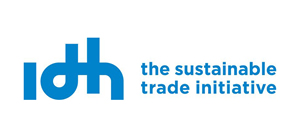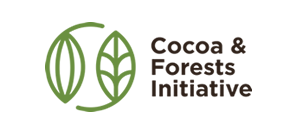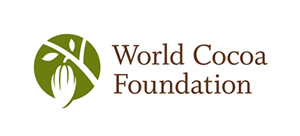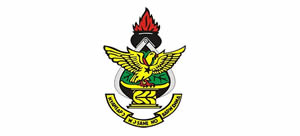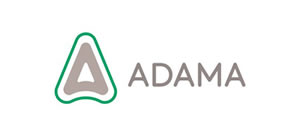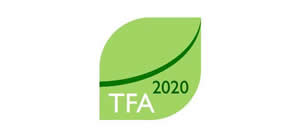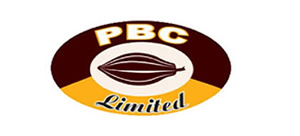Partners
At the core of the consortium are the lead partners: Touton, SNV, Agro-Eco, NCRC, Forestry Commission of Ghana, and Ghana Cocobod. Other partners include District Assemblies, Stool Lands Secretariat, National House of Chiefs and other private sector groups (cocoa, mining, logging, oil palm) operating in the landscape.
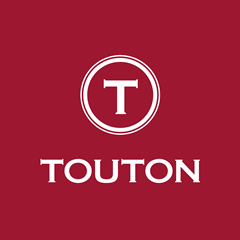
Touton SA
Touton SA, the lead organization, is building the models and structures to provide incentives and extension services for the farmers within the landscape. Touton is providing training, setting up community business resource centres, and providing low cost service to farmers. Touton will support intensification on farms, and incentivize farmers to adopt climate smart practices, with increased productivity, which invariably leads to positive economic returns. Financial incentive mechanisms such as revolving funds from the Rural Service Centres will further be developed and strengthened by Touton for long term sustainability. Touton is motivated to invest and actively take up intervention initiatives within the landscape in order to secure its long-term supply chain for sustainable cocoa.
Touton is a leading agro-industrial actor. Our know-how builds on over 150 years’ experience of providing our customers with high quality commodities and services
Read more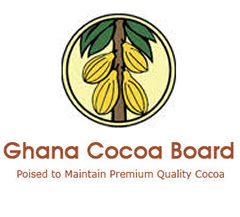
Ghana Cocoa Board (COCOBOD)
COCOBOD and Forestry Commission will set the national framework and develop an enabling cocoa policy and strategy around environmental sustainability for this project. COCOBOD is currently developing the cocoa sector strategy 2, and wants to mainstream the adoption of a national climate smart cocoa standard. COCOBOD and Forestry Commission will operate at the National level (enabling environment, policy direction etc.) and set the platform for land-scape actors and all stake-holders to sign and agree to the landscape governance compact.
The mission of the Board is to encourage and facilitate the production, processing and marketing of good quality cocoa, coffee and sheanut in all forms in the most efficient and cost effective manner, and maintain the best mutual industrial relation with its objectives
Read more
Forestry Commission of Ghana (FC)
Forestry Commission and COCOBOD will set the national framework and develop an enabling cocoa policy and strategy around environmental sustainability for this project. COCOBOD is currently developing the cocoa sector strategy 2, and wants to mainstream the adoption of a national climate smart cocoa standard. COCOBOD and Forestry Commission will operate at the National level (enabling environment, policy direction etc.) and set the platform for land-scape actors and all stake-holders to sign and agree to the landscape governance compact
The Forestry Commission of Ghana is responsible for the regulation of utilization of forest and wildlife resources, the conservation and management of those resources and the coordination of policies related to them.
Read more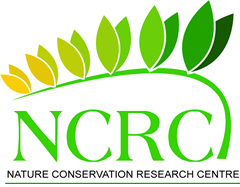
Nature Conservation Research Centre (NCRC)
NCRC is supporting the design of the landscape management governance structure at the district and regional levels, as well as leading the development and testing of Ghana's landscape governance standard. NCRC will further collaborate with relevant stakeholders to align the climate smart approach with the Emission Reduction Program of Ghana and design and implement a financially sustainable incentive mechanism for farmers that could be accrued from the REDD+ project in Ghana. NCRC shall further support data collection and support the national carbon accounting system.
NCRC is a leading indigenous conservation NGO in Ghana, with over 20 years of experience in building community-based natural resource governance mechanisms and serving as one of the originators of the CREMA mechanisms.
Read more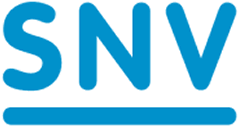
SNV
SNV is developing business models for the rehabilitation of old cocoa farms within the landscape. More than 80% of the cocoa farms are over 30yrs old and need to be rehabilitated, to achieve the necessary yield increase and productivity. SNV is also responsible for building participatory consultation platforms with multi-stakeholders at the community level with early warning systems; conducting stakeholder mapping; putting in place grievance mechanism systems on the ground; leading in the implementation of the development and testing of multi-functional land use planning tools; and testing of deforestation monitoring tools and addressing all land and governance issues within the landscape. SNV’s approach supports local cocoa livelihoods and incomes to improve resilience towards climate change and enhance eco-system adaptation.
Read more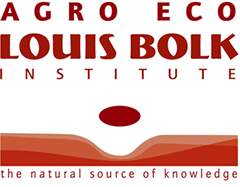
Agro Eco-Louis Bolk Institute
Agro Eco is providing training and extension services to the cocoa farmers in the landscape. Currently in Ghana one government extension officer is responsible for more than 500 cocoa farmers and therefore there is the need to support government’s capacity in order for this project to achieve the desired results within the landscape. Agro Eco will track the adoption of climate smart cocoa principles, and provide training to trainers on key criteria. Agro Eco will support Farmer Based Organization development, pilot and scale up deforestation-free cocoa in the landscape.
Agro Eco-Louis Bolk Institute is an independent advisory organisation that advises the private sector, NGOs, governments, and international organisations in the development of niche markets for quality products.
Read more
